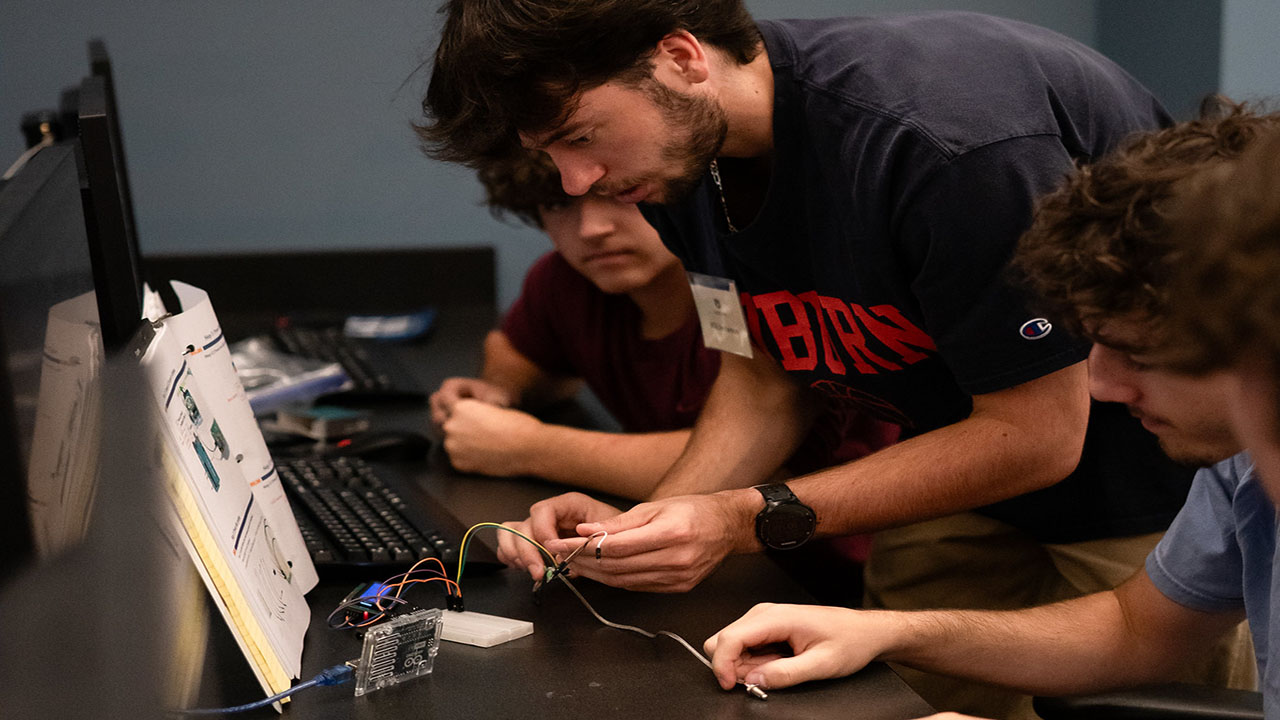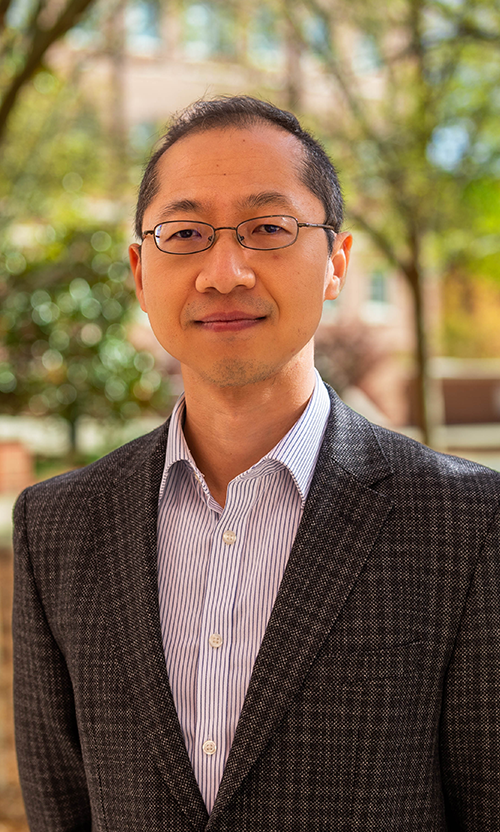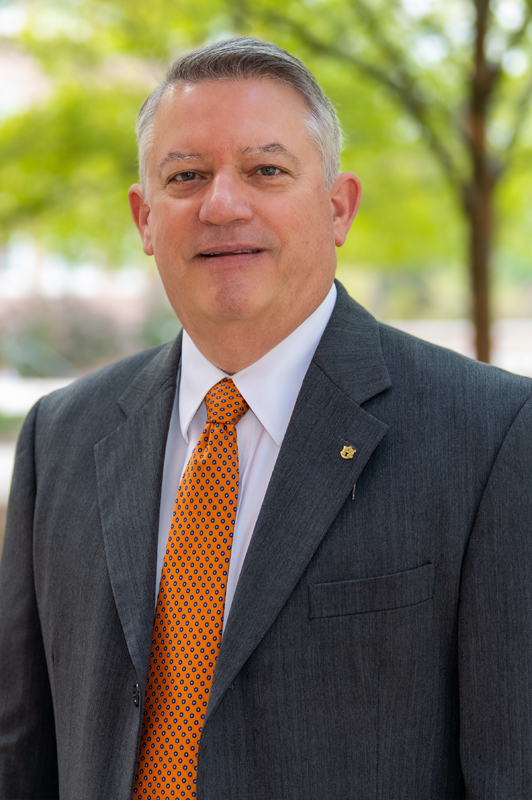Auburn empowers high school students with AI, manufacturing skills
Published: Sep 4, 2024 11:50 AM
By Carla Nelson
Auburn University is at the forefront of preparing the next generation for careers in advanced manufacturing, thanks to an initiative that brings artificial intelligence (AI) education to high school students in Alabama.
With a nearly $200,000 grant from the National Science Foundation (NSF) Rapid Response Research (RAPID) program, Auburn faculty from the College of Engineering and the College of Education recently completed the first summer camp aimed at empowering students from underserved communities.
Led by Peter Liu, assistant professor in the Department of Industrial and Systems Engineering, along with Melody Russell, alumni professor of science education, and Chih-hsuan Wang, professor in the Department of Educational Foundations, Leadership and Technology, the project centers on integrating AI and additive manufacturing into STEM education. The effort culminated in a one-week summer camp that welcomed 33 high school students, offering them hands-on experience and a unique opportunity to explore the future of smart manufacturing. The summer camp concluded with a closing ceremony on July 19.
Greg Harris, chair of the Department of Industrial and Systems Engineering and director of the Interdisciplinary Center for Advanced Manufacturing Systems (ICAMS), opened the ceremony by stressing the importance of younger generations becoming involved in manufacturing.
“In my lifetime, one of the things that I have enjoyed the most is learning how things are made,” he told the students. “We need more students who want to make things for a living. Whether you do it as a manufacturing engineer, as a design engineer, or you work in data analytics, all of those pieces have to come together to create smart manufacturing. I hope you think about that when you start thinking about your future career. Think about how you’d like to create value in your life for society.”
Students were enthusiastic about the week’s events, highlighting the range of topics they covered, including coding, 3D printing, generative AI, and additive manufacturing.
Caleb Conaway, a home-schooled senior from Birmingham, said the experience exceeded his expectations.
“I decided to attend this camp because I am interested in electrical engineering and thought it would be interesting to learn about AI and manufacturing,” he said. “This camp did reinforce the idea that I do enjoy electrical engineering, and I learned more about that field and was also exposed to engineering disciplines I wasn’t as familiar with.”
Ten high school teachers also had the opportunity to learn more about the curriculum as they arrived a week prior to the students to train in assisting with the camp. Each teacher led a group of students through camp activities, which also included campus tours.
Alicia Cook, a Central High School teacher from Phenix City, teaches workforce readiness and work-based learning to 10-12th graders. She decided to attend the camp to get a more in-depth understanding of AI, manufacturing, and how it impacts the workforce.
“It’s important because manufacturing drives so many things, from clothing to automobiles,” she said. “Manufacturing is important in Alabama so I thought it was important to attend and bring some of this knowledge back to my classrooms.”
Cook found the experience highly rewarding.
“It was so interesting, and was very interactive with hands-on activities,” she said. “It was a great opportunity to network with other teachers, and the professors were awesome. The students were amazing too. They were so obedient, stayed on task, and were great learners.”
Ashley Macon, a modern manufacturing educator at Macon County Career Tech Center, echoed this sentiment, reflecting on the significance of the program.
“I have learned so much and can’t wait to take the information back to my students,” Macon said. “I know they will be just as excited as I am! Modern Manufacturing is a new cluster in Career Tech and the program is still expanding throughout the state. I am one of the first 10 teachers of this program and it is very much needed for our students. I hope to work and collaborate with you all in the very near future,” Macon said.
The Auburn faculty who led the program were thrilled with the outcomes. Wang noted that both teachers and students were highly engaged throughout the camp.
“Parents also shared how excited their children were to talk about what they learned each day,” she added. “Teachers even expressed that this was the best and most relevant professional development they have attended. Both teachers and students asked if there would be a Level II professional development and summer camp next year.”
Looking ahead, the team hopes to use this camp as a foundation for securing additional funding and expanding the program to reach more communities.
“Our future plans include disseminating the results of our summer program and preparing another proposal to apply for additional funding to extend our program,” Wang said.
This collaborative effort not only prepares students for emerging jobs in AI and manufacturing but also highlights Auburn University’s commitment to broadening educational access and encouraging innovation in STEM fields.
Media Contact: , carla@auburn.edu, 334-844-1404
Students were enthusiastic about the week’s events, highlighting the range of topics they covered, including coding, 3D printing, generative AI, and additive manufacturing.



